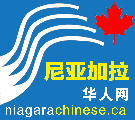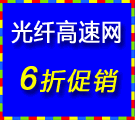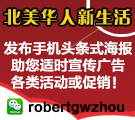 |
 |
 |
 |
|
China will push ahead with the building of a unified national market as part of the country's efforts to foster a more equitable and well-ordered development environment for market players, the State Council — the nation's Cabinet — said on Friday. The imperative to adopt a holistic strategy, pushing for the unification of market rules and regulations, fair market supervision and high-standard interconnectivity of market infrastructure, was stressed at the State Council executive meeting chaired by Premier Li Qiang. Attendees at the meeting pledged to integrate the push for a unified national market with the implementation of a package of incremental policy measures, focusing on addressing the practical concerns of enterprises and delivering tangible benefits. The key is for all localities to persist in developing within the context of positive competition and resolutely breaking down local protectionism and market fragmentation, with the goal of clearing obstacles that constrain the smooth flow of commodities, enhancing factors of production and expanding resources across a wider geographic area. Special rectification efforts will be channeled toward areas such as better management of taxes and fee subsidies as well as government procurement services, and addressing practices that hinder fair competition, it was stated at the meeting. The aim is to enable all types of enterprises to grow and strengthen themselves in a fair and competitive environment, using improved economic efficiency to drive better development in various localities. Progress in framework China has made progress in improving the fundamental institutional framework for property rights protections, market access, fair competition and social credit, while also intensifying efforts to break down barriers that have hindered the construction of a national unified market, said the National Development and Reform Commission. The implementation of the regulations for fair competition reviews on Aug 1, for example, was a crucial step in establishing a foundational legal system for fair competition, said Xiao Weiming, deputy secretary-general of the commission, at a news conference in August. The market regulatory agencies have been taking proactive actions since 2023, investigating and handling 32 monopoly cases and 18,600 unfair competition cases so far this year, data from the State Administration for Market Regulation showed in September. In addition to this important regulatory change, the market access negative list has also been further optimized, with the number of items reduced from 151 in 2018 to 117 currently, and there is still room for further streamlining, Xiao said. Everything not on the list is deemed accessible to qualified market entities, either domestic or foreign. |
广告合作(Contact Us)|关于我们|小黑屋|手机版|Archiver|尼亚加拉(大瀑布)华人网
GMT-4, 2024-11-1 05:35
Powered by Discuz! X3.4 Licensed
© 2001-2013 Comsenz Inc.